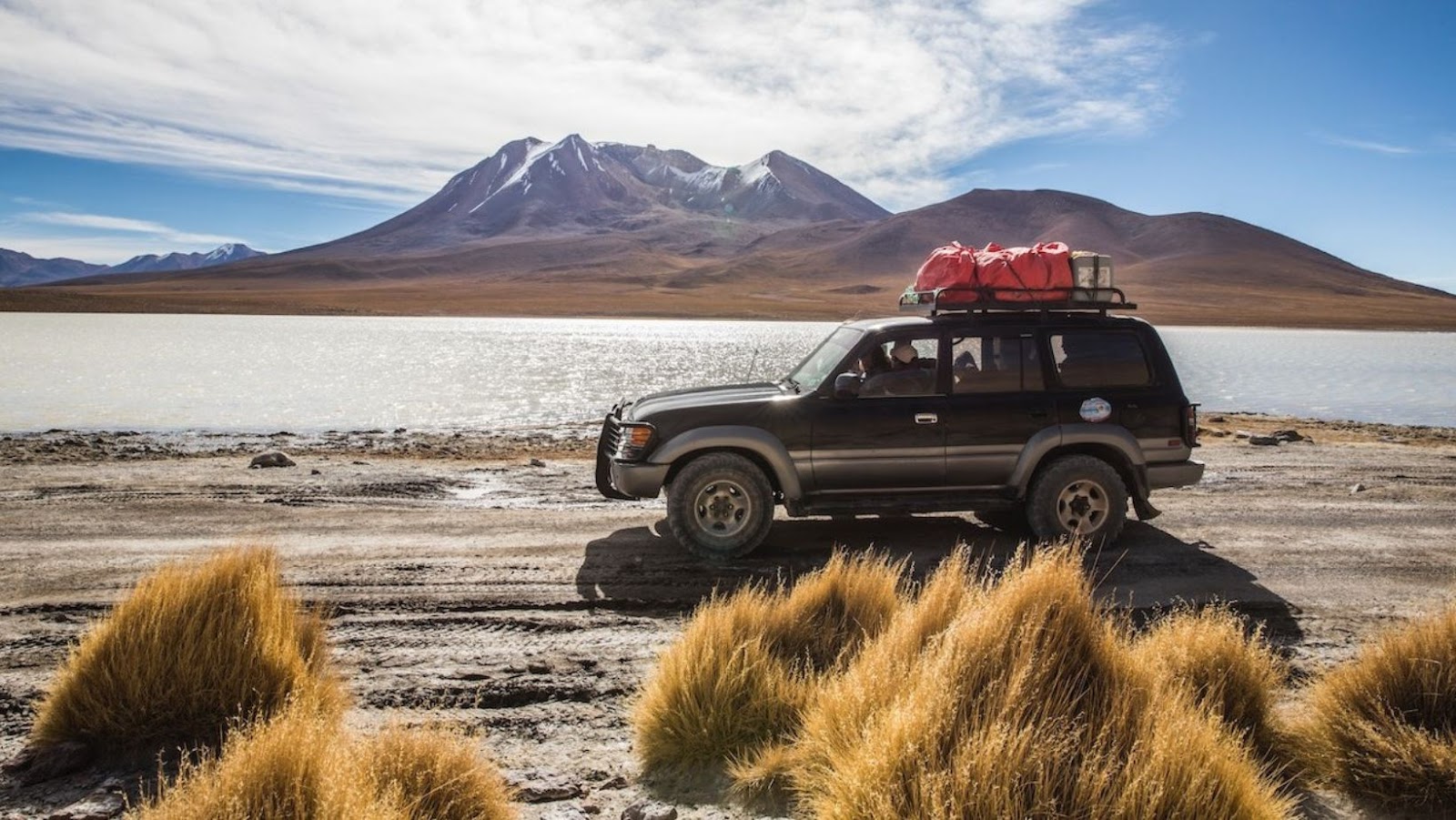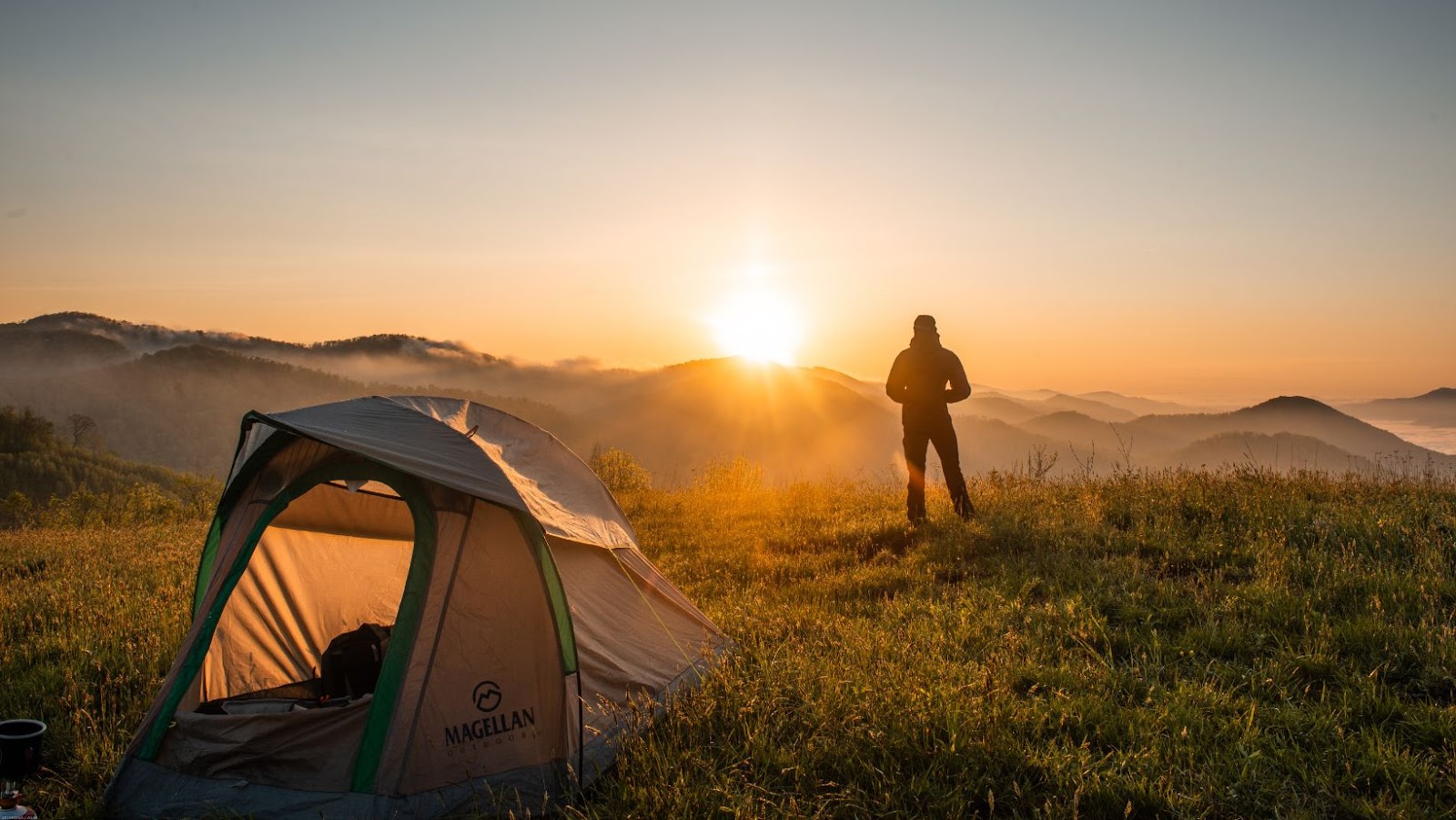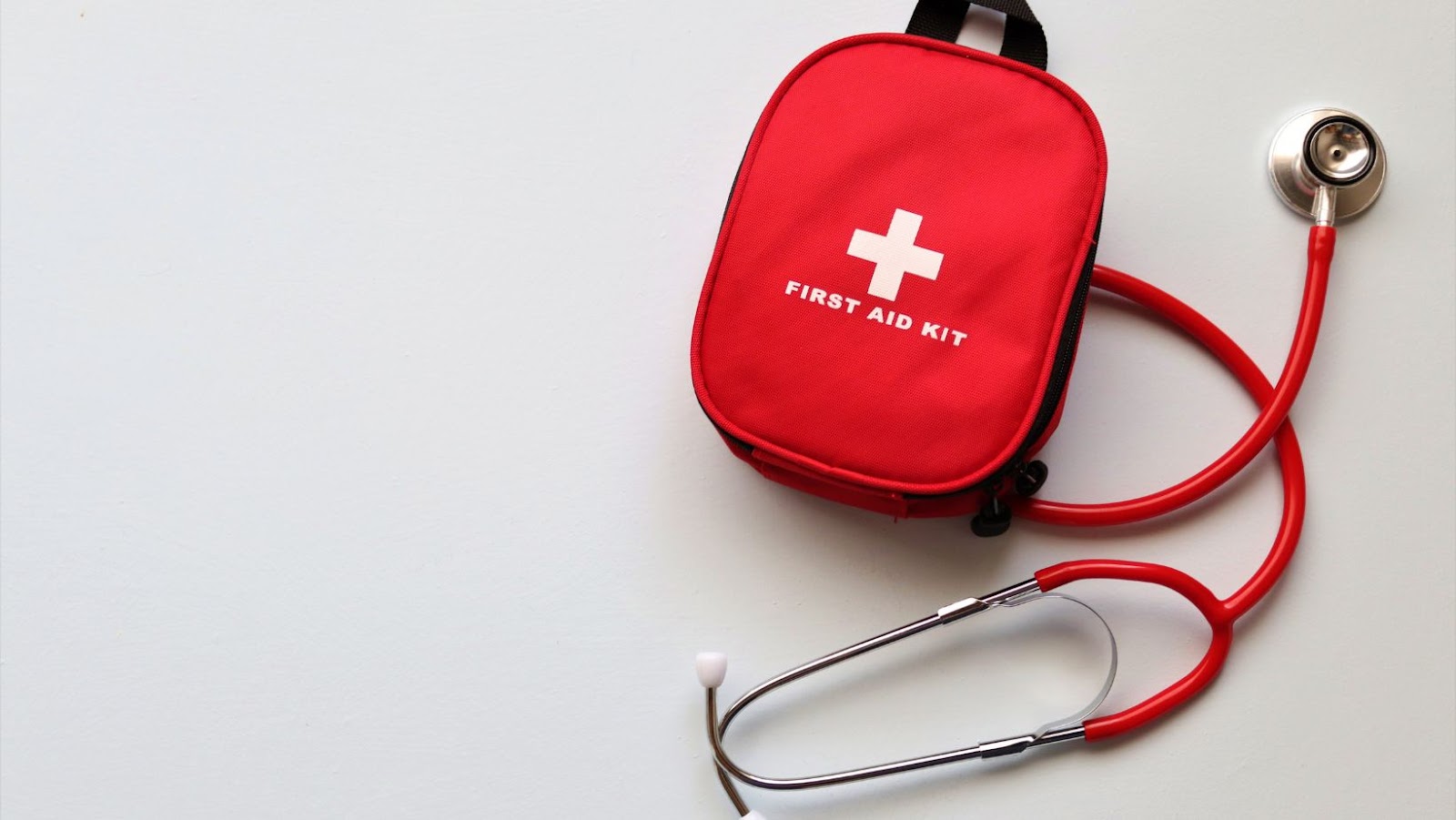
Are you an outdoor enthusiast who loves to go on adventures? Whether planning a hiking trip or a camping excursion, preparing for any situation is essential. From unpredictable weather to unexpected wildlife encounters, outdoor adventures can be full of surprises.
It’s important to be equipped with the right knowledge and tools to survive and thrive. So, if you’re interested in purchasing equipment, you can easily do so by visiting fbabee.com. And what next? They’ll ship what you purchase directly to you.
In this article, we will share essential tips for surviving outdoor adventures. We will also cover basic survival skills to advanced techniques. You’ll learn how to stay safe and prepared while enjoying the great outdoors. So, let’s get started without any further delay:
Essential Outdoor Survival Tips to Follow Now
If you’re planning an adventure into the great outdoors, it’s crucial to be prepared for any situation that may arise. A properly equipped and knowledgeable outdoor survivor can lead to a potentially life-threatening situation. Let’s take a look at outdoor survival tips:
1. Research and Planning
Research and planning are crucial steps for surviving outdoor adventures, especially when ensuring you have the necessary supplies. Before embarking on any outdoor trip, conducting thorough research about the location, weather, and any potential hazards is important.
This includes making sure you have the right battery in supplies for any electronic devices. It can be flashlights or GPS units. By preparing and gathering all necessary supplies properly, you can ensure a safer and more enjoyable outdoor experience.
One important tip is to communicate your plans with a trusted friend or family member. This way, they know where you are going and when you expect to return. It is also important to plan your route and schedule based on your physical abilities, experience, and the time of day.
2. Have a Shelter
As survival is the top priority, and it’s not possible without a proper shelter. Having a shelter is one of the most important aspects of surviving outdoor adventures. Whether camping, hiking, or exploring the wilderness, having a reliable shelter is essential for survival.

A good shelter should provide adequate protection from wind, rain, and extreme temperatures. The most popular and effective shelter for outdoor adventures is a tent. It’s important to ensure the tent you choose is appropriate for the terrain and weather conditions.
It’s important to set up your shelter in a safe location. Choose a location away from potential hazards like falling rocks or trees. Having a reliable shelter will help you face the challenges of the great outdoors. It will also enable you to enjoy your adventure to the fullest.
3. Gear and Equipment
When heading out for an outdoor adventure, having the right gear and equipment is essential for a safe and enjoyable experience. Some basic gear you should always have includes a map and compass or GPS device, a first-aid kit, and a headlamp or flashlight.
Remember the importance of proper hygiene and self-protection and safety in the outdoors. Pack items like hand sanitizer, biodegradable soap, and a portable toilet or trowel to minimize your impact on the environment. So, try to reduce all such factors to the fullest.
In addition, it’s important to do your research and understand the environment you’ll be in. This can help you determine what gear and equipment you must bring to stay safe. It can lead to a wholesome, fully comfortable condition during your outdoor adventure.
4. Food and Water
Regarding outdoor adventures, food and water are two essential survival elements. Depending on the duration and intensity of your trip, you may need to pack high-energy, nutrient-dense foods. Some examples of such foods include nuts, dried fruits, and energy bars.
It is equally important to drink water because dehydration can result in serious health problems. Plan how you’ll replenish your water supply, whether filtering water from a natural source or carrying a water purifier.
It’s also a good idea to bring water bottles or hydration bladders to make drinking on the go more accessible. The key to a successful outdoor adventure is preparation, so plan your food and water supply carefully before setting out on your trip.
5. Basic First Aid
Outdoor enthusiasts should know basic first aid. When accidents happen, prompt and appropriate first aid course can mean the difference between life and death. Some tips to remember are, knowing how to properly clean and dress wounds and treat heat-related illnesses.

Additionally, it’s important to know how to perform basic CPR and rescue breathing in case of an emergency. Before heading out, bringing a basic first aid kit with essential items such as bandages, gauze, antiseptic wipes, and a splint is also a good idea.
Remember to always prioritize your safety before attempting to provide aid to others. If you need help treating a particular injury, seek professional medical help as soon as possible.
6. Be Aware of Local Wildlife
When venturing into the great outdoors, being aware of local wildlife is important. Different animals have different behaviors, and knowing what to expect can help you stay safe and avoid dangerous situations.
Start by researching the area you’ll be visiting and familiarizing yourself with the wildlife you may encounter. Remember to give animals plenty of space and avoid getting too close or disturbing them. Do not feed wild animals, as it can create potentially dangerous situations.
Be mindful of the potential dangers and take precautions such as carrying bear spray or wearing bright clothing to avoid startling animals. By being aware of local wildlife and taking necessary precautions, you can have a safe and enjoyable outdoor adventure.
Final Words
Outdoor adventures can be incredibly rewarding, but they also come with challenges. By following these essential tips, you can increase your chances of having an enjoyable experience in the great outdoors. Always do proper preparation, stay hydrated, and know your limits.






